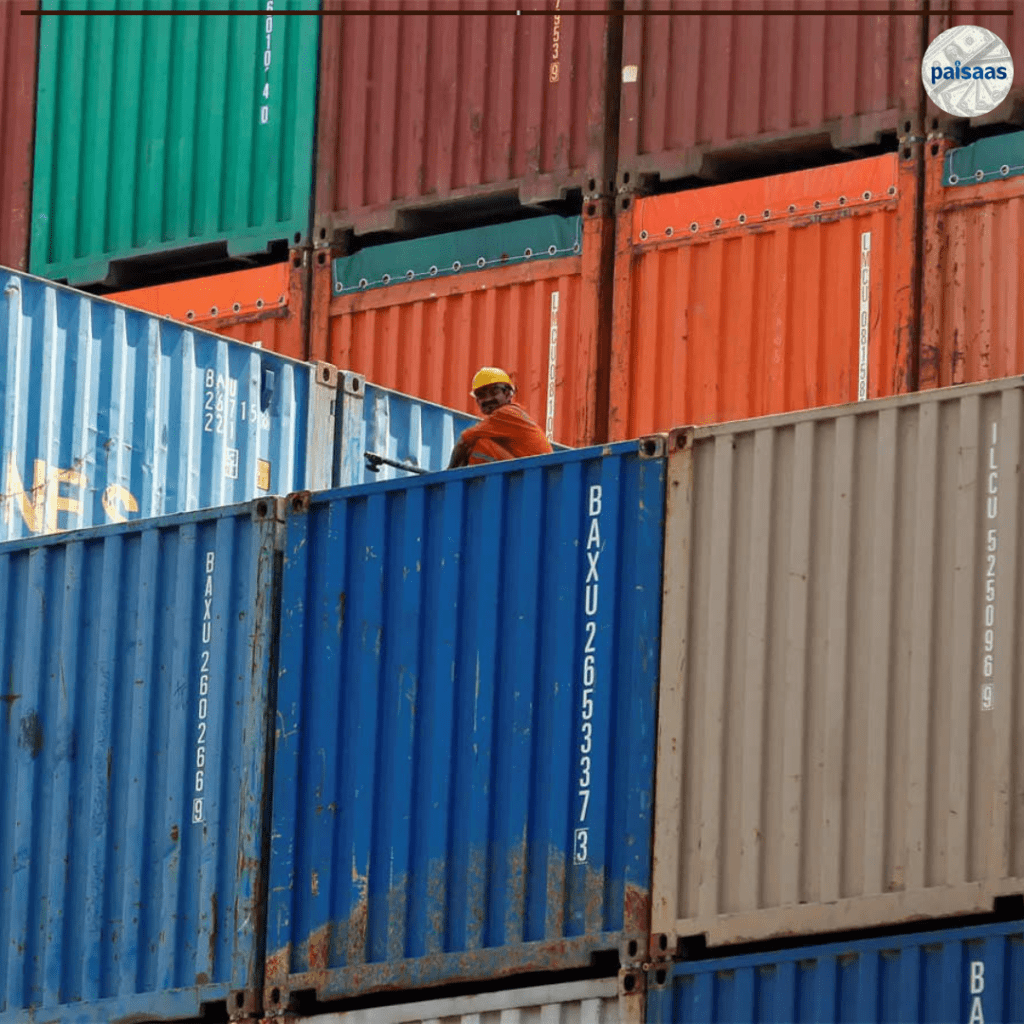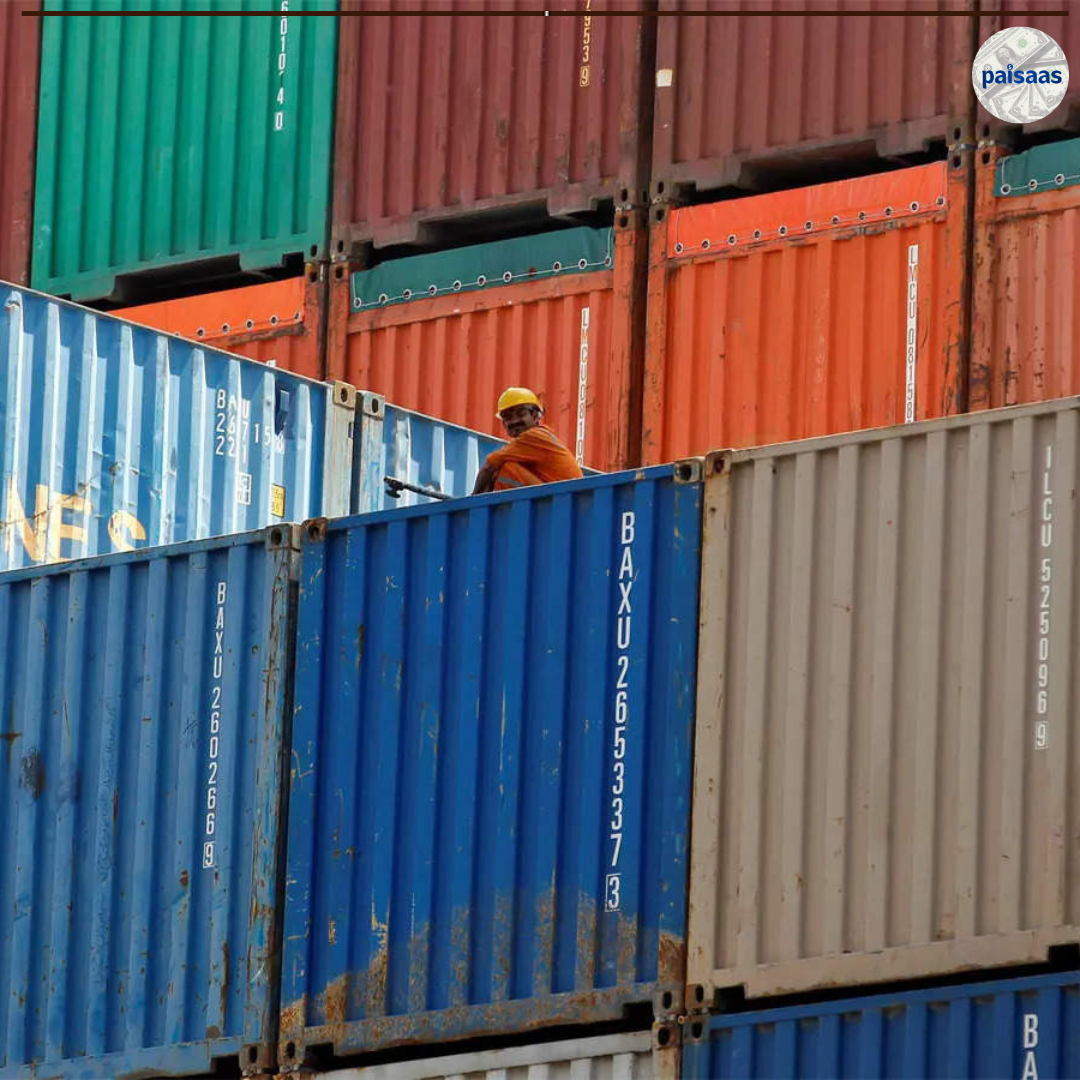

DGFT urges banks to settle international business in rupee
DGFT urges banks to settle international business in rupee
The government’s effort to revitalise India may be based on this economic fantasy. The government is requesting banks to advocate for the settlement of transactions outside of the nation’s borders in the Indian currency in an effort to internationalise the usage of the rupee, according to a report in The Economic Times.
The Directorate General of Foreign Trade (DGFT), which reports to the Union minister of trade and industry, has been pushing for this. It has asked the banking sector to “conduct outreach programmes with the international trading community to promote trade in special rupee vostro account”. Additionally, the DGFT has instructed banks to produce a report outlining the specific problems with cross-border trade settlement in Indian rupees.
A domestic bank manages a vostro account on behalf of a foreign bank. It is backed by the former bank’s native currency. As a result, Indian banks hold rupee vostro accounts in rupees for foreign banks.
Gains for regional banks
A bank can make wire transfers, execute business operations, and deposit money on behalf of another bank while using this sort of correspondent banking. This strategy has the immediate advantage of allowing domestic banks to access international financial markets and serve clients worldwide without opening an office or branch elsewhere. According to Mint, the public sector Union Bank of India opened the first rupee vostro account on April 2, 2023, through its comparable bank in Malaysia (India International Bank of Malaysia).
Accounts with Vostro
The Reserve Bank of India declared on July 22 of last year that Special Rupee Vostro Accounts would be used to settle international commerce in rupees. It also permitted the investment of the surplus balance in these accounts in Treasury Bills and Bonds issued by the Government of India.
According to ET, banks have already spoken with Russia, Belarus, Cuba, Tajikistan, Sudan, and Luxembourg about the rupee vostro accounts. Additionally, a number of foreign banks have established vostro accounts with Indian banks. However, very little transaction is actually concluded in Indian rupees.
The entire procedure may be seen as a shot in the arm after Russia’s invasion of Ukraine. In response to the West’s retaliatory action of barring Putin’s nation from the SWIFT system, RBI issued a statement in July encouraging the settlement of international trade.
War’s impact
The majority of Russian businesses prefer to receive payments in dollars, yuan, or UAE dirham because it is challenging to exchange rupee balances in vostro accounts. Oil importers often pay in dollars, and Indian banks are prepared to process the payment as long as the price of oil (from Russia) is less than $60… Banks may approach exporters and importers, but beyond a certain point, they are limited in what they can do if the trade balance is skewed and imports are significantly higher than exports, as is the case with Russia, said a trader.
A significant factor is that the majority of Indian insurers are reluctant to offer coverage for imports from Russia since western businesses who reinsure such policy are unwilling to do business with Russian agencies. As a result, Russian insurance companies insure the cargo, rising the cost of importation.
“Our experience is that Indian banks, particularly those with US operations, do not want to handle payments in yuan or even dirham in a sustained manner for trades linked to Russia,” the trader told ET.Due to their extensive two-way trade with China, Russian entities do not object to being paid in yuan.




